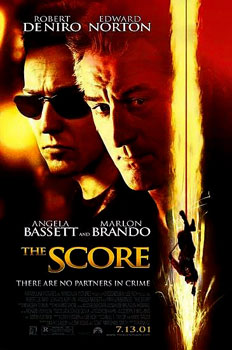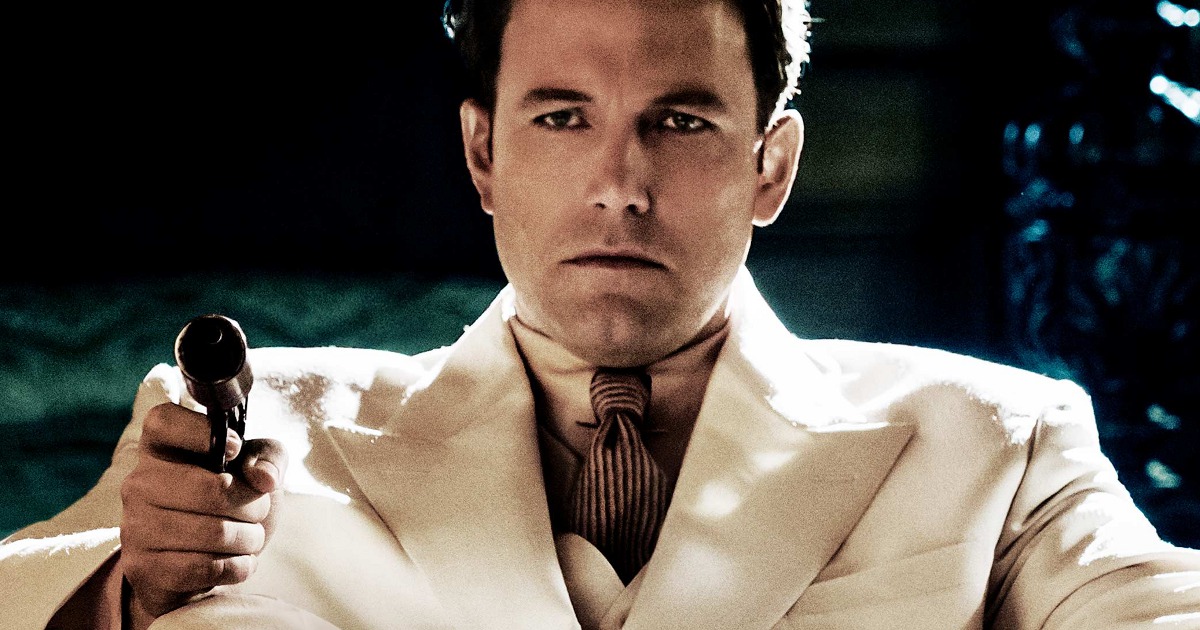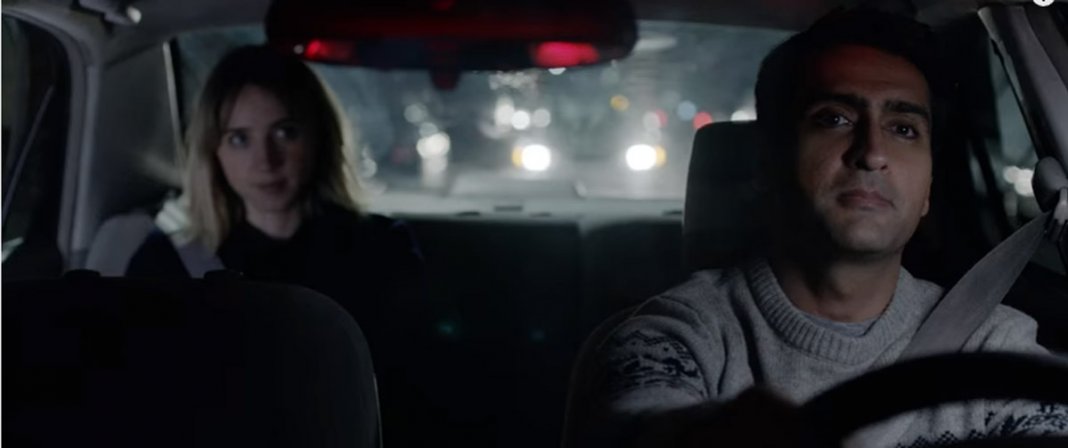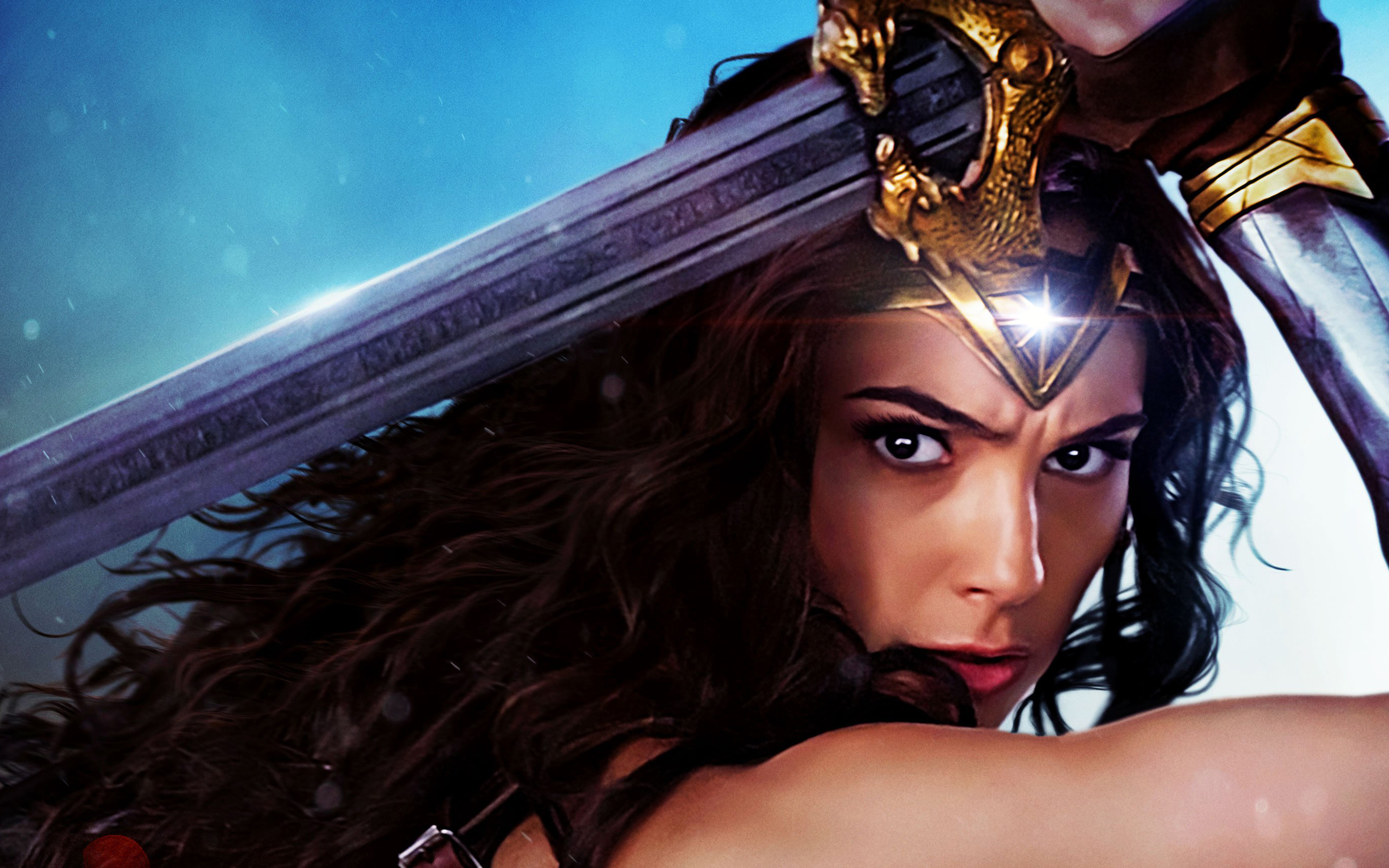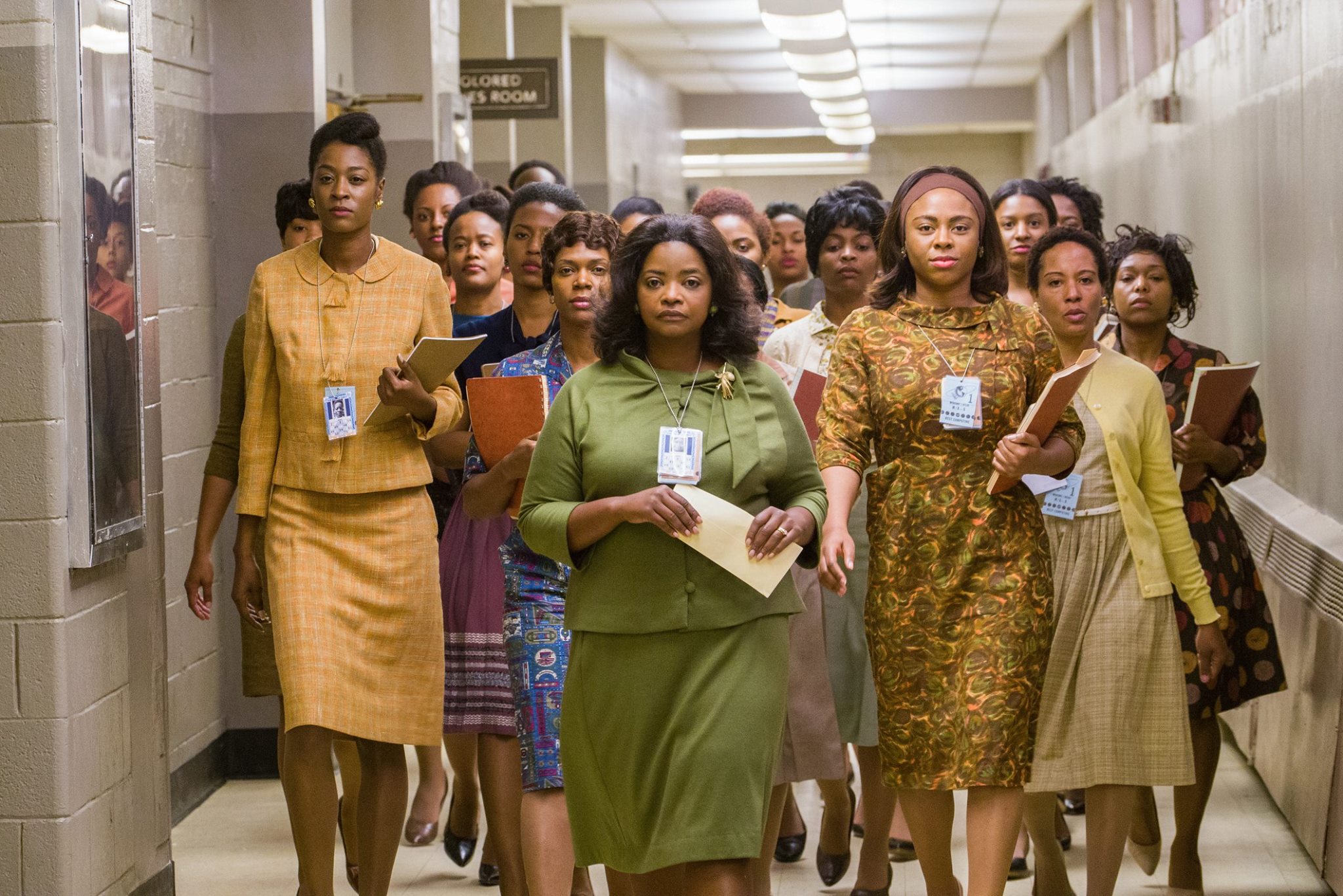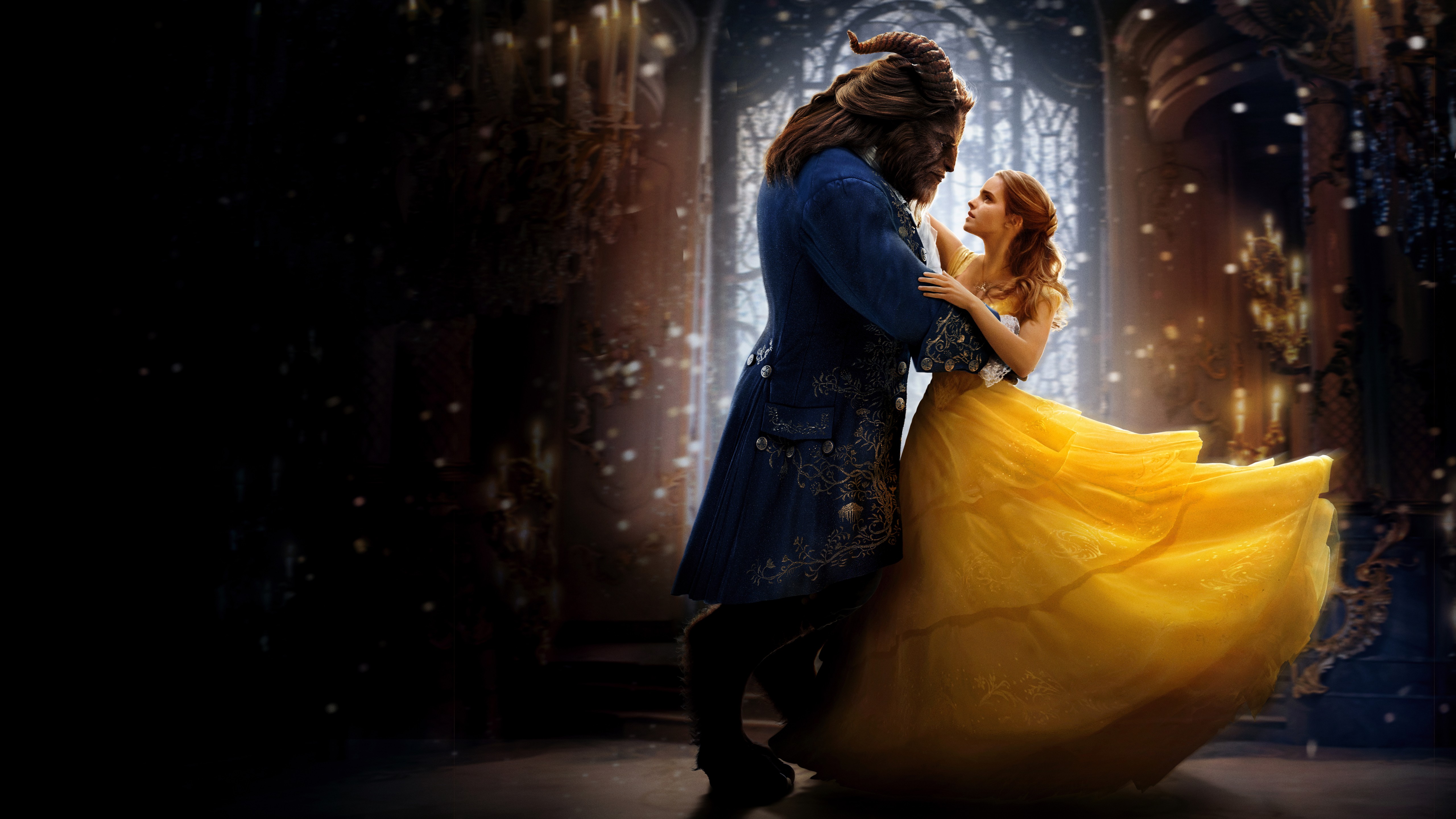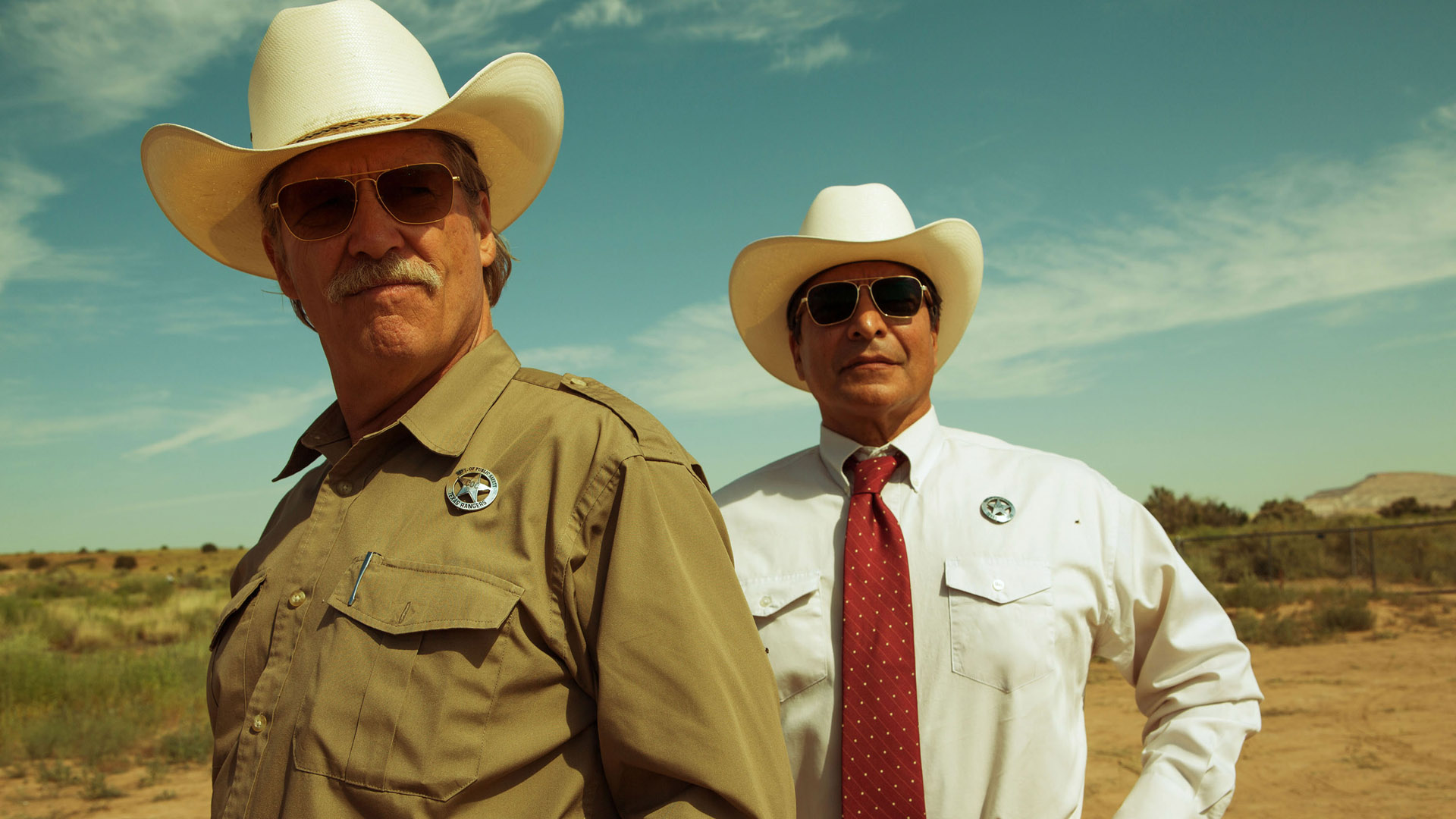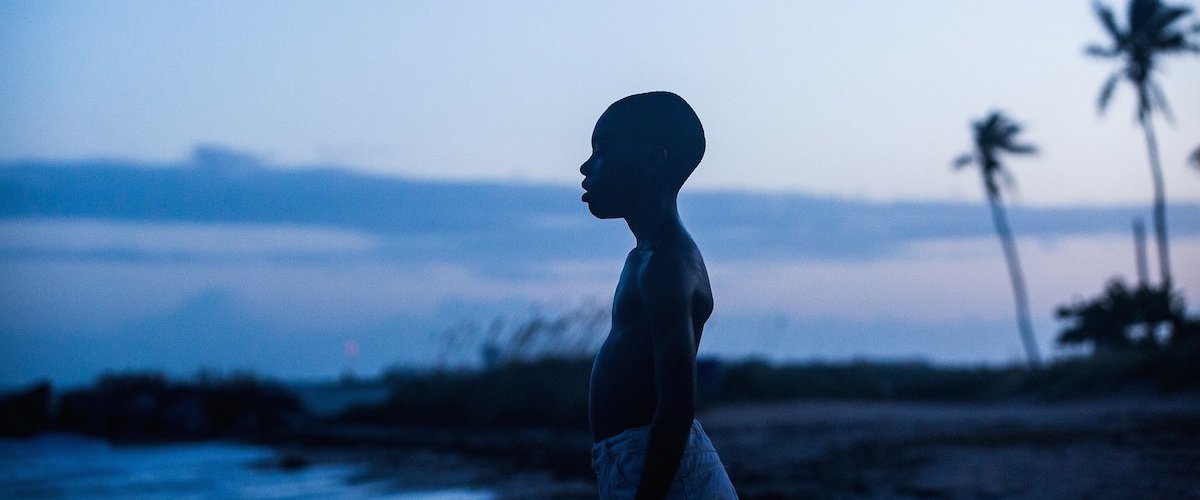Movie Reviewed: Baby Driver
Director: Edgar Wright
Date: 6 July 2017
jamesintexas rating: ***1/2
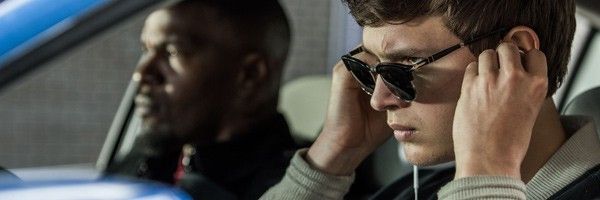
Propellerheads-"Take California."
So, with his marvelously fun new film
Baby Driver, Edgar Wright has taken us on a kinetic and sonic ride forward into the future, integrating music and sound into his film in a way that mirrors our modern world, where so often people walk through the aisles of HEB with earbuds in, soundtracks to our lives blasting in our ears, the stars of our own imaginary films. Or, maybe that's just me? On my Walkman, I jammed out to specific work-out mix tapes in high school: hodgepodge assemblages of TV themes, movie soundtrack songs, James Bond title sequences, and wonderful randomness taken from my parents' record collection: the theme from
Miami Vice would bleed into U2's
Batman Forever song into Duran Duran's "A View To a Kill." Here, the music comes from mix tapes and old iPods ("one for each mood" the characters says). The eponymous Baby (Ansel Elgort), a preternaturally gifted wheel man, rocks out to a raucous opening bank robbery scene, set to "Bellbottoms" by The Jon Spencer Blues Explosion, using his wheel, windshield wipers, and whole car as an instrument before the bad guys jump in and the real synergy begins, and all hell breaks loose with a kaleidoscope of sweet driving moves, highway-defying mayhem, and general high-octane anarchy, although always able to be followed. We aren't in the world of chaos cinema, here; Wright always knows how to show us what we are seeing and have it mean something. And the music does not just rock in the background. The music continues to be punctuated by the intricate editing and world of Baby's soundtrack: music and movement in concert. I feel it is groundbreaking, a new kind of cinema experience.
Soul Coughing-"Is Chicago, Is Not Chicago" and "super bon bon."
Set in Atlanta where cavernous underground floors hide gangster Doc (Kevin Spacey), Baby sets to complete a number of heists with a multitude of different partners Griff, Darling, Buddy, and Bats (Jon Bernthal, Eliza Gonzalez, Jon Hamm, Jaime Foxx). Their crime wave is dictated by Doc, with Baby awaiting a call on a burner phone, powerless to say no (because of certain debts that he owes) but aching to leave this life behind him. Wright wisely shows us Baby's home life, a warm relationship with foster parent Joseph (CJ Jones) who knows the score and asks Baby the key questions about his actions of which he can surmise enough. Their signed conversations add an emotional resonance to Baby's actions. Flashbacks hint at a violent interlude early in his life, and Wright sets up Baby as a compassionate, good guy who falls for Debora (Lily James), a plucky waitress at a local diner he frequently visits. Debora describes a longing for the open road and music, and Baby connects this "one last job" to the beginning of a new life, possibly with her.
Audioslave-"Cochise."
And that's where Darling, Buddy, and Bats come in: deeply violent and dangerous and mistrustful of Doc's confidence in Baby. Gonzalez, Hamm, and Foxx ooze menace, though Hamm gets the most screen time with his violent yet seemingly reasonable Buddy, who plucks an earbud from Baby occasionally to share in what he is listening to. Foxx is a Charlie Day-esque Wild Card, and his low growl works off of Spacey's non-nonsense businessman. It is fun to see so many strong actors and actresses playing off of each other. And, everything that can go wrong will during a surprising heist, appearing to endanger Baby's plan.
Duran Duran-"A View To a Kill."
Wright's plotting and characters careening off of each other is no match for his real achievement here: the integration of music completely into the film's rhythms. I have been in awe of Scorsese's use of the Stones, say, or everything Quentin Tarantino has done with his music, which has shaped my life and my own musical tastes. But what Wright does here is simply incredible.
U2-"Stay, (Faraway, So Close!)
From his opening scene to his last, the film's soundtrack blares, but it does more than that. It syncs, it integrates, it becomes a vital part of understanding Baby and the film. Baby walking to pick up coffee becomes an almost ballet-like sequence of balance and artistry, a modern day
Singing in the Rain-esque homage with words from the song that he is listening to appearing in the graffiti and in the mouths of characters walking by him. It is a daring, striking scene, which my memory says consists of long takes (maybe one take), that just marvelously displays the possibilities of cinema. But Wright does not stop there. He's taking it to another level by having gunshots coordinate with drum beats in songs, from Queen to Blur, making the music a part of the movie's storytelling in a uniquely intimate and completely memorable way.
Tomoyasu Hotel-"Battle Without Honor or Humanity."
A car trunk slam. A car crash crunch. A smashed window. All become part of the music, part of the film. Baby listens to music the entire film, and so do we. A use of R.E.M.'s "New Orleans Instrumental No. 1" underlines a nice scene with CJ and Baby; Queen's "Brighton Rock" is discussed by Buddy and Baby and then used later in a parking garage chase scene for the ages. The music infuses the film and is impossible to discuss separate from the film. Baby nearly always has one earbud in, listening to his tunes, and at one point, he asks the criminals whom he is driving to wait for him to start his mix over and then GO! Wright shows Baby's love of iPods (big and small, bedazzled) in a way that is really charming; (I cannot believe that the iPod has been out long enough to now be a throwback, worthy of a smile).
Franz Ferdinand-"Take Me Out."
Wright opened the film in a promising way, and there has to be a version of
Baby Driver which featured more of this supporting cast circling in and out, various jobs and hilarity (confusion over movie character masks is a winner for me) and wheels spinning. Yet, Wright is content to tell Baby's story with its own arc, the wheels grip the ground, and the chase sequences always kept my interest and, at times, took my breath away. There is a substantial amount of heart alongside all of this style, and never did I feel like I was in the hands of a soulless technician, someone only concerned with how things looked and worked. The film has such humor and fun as befitting an Edgar Wright film. I think this film's propulsion reminded me of
Mad Max: Fury Road, a film that I similarly praised initially and gave 3 and a 1/2 stars, and it wound up being my second favorite film of that year, 4 stars, and deeply worthy of my admiration and love. I suspect more viewings of
Baby Driver will only lead me to love its charms more.
Kenny Loggins-"Danger Zone."
Wright has done an amazing thing here. A summer movie that is fun. A driving heist musical. A novel cinematic experience that fully integrates an eclectic soundtrack. Kenny Loggins says, "You never know what you can do until you get it as high as you can go," and I think Edgar Wright can really do anything, even at high speeds, veins coursing with adrenaline, music working in tandem with image and story.
Baby Driver is a leap forward and truly remarkable in so many ways.

